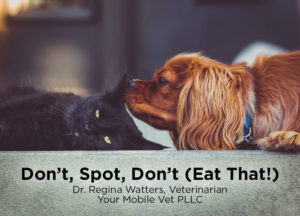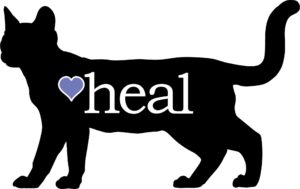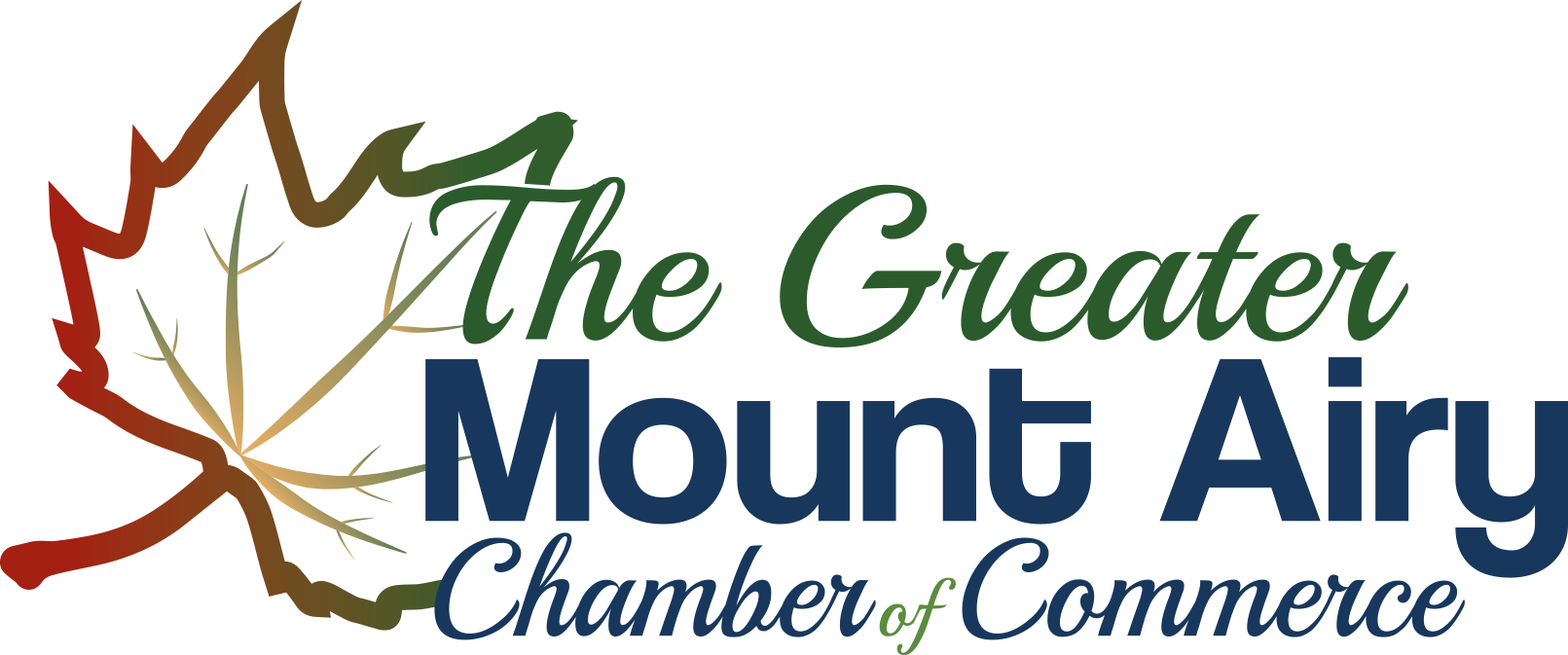
Beauty is in the eye of the beholder, and taste definitely relies on the tongue and taste buds; so when we think of some of the things that our pets are willing and eager to eat or drink, most of us would never think of things like fertilizer or pennies or potpourri. But then again, many of us pet parents have had to suffer the kisses of those poo connoisseurs whose banquets are either in the litter box or the back yard. Luckily that stuff isn’t toxic (except to our imaginations), but there are so many things that are poisonous to our furry babies that all persons thinking of becoming pet parents really should educate themselves about those common and uncommon things that can be very dangerous and potentially fatal to those four-legged babies.
There are so many things that are poisonous to our furry babies that all persons thinking of becoming pet parents really should educate themselves about.
We all can understand that our prescription medications, both oral and topical, can potentially be dangerous, but there are many medications that humans and animals can share, making knowing which are which very important and preferably left to the experts . (Why do you think that vet school takes so long?) So don’t reach for the Advil or Aleve or Tylenol (especially if you are a cat parent) thinking that what is good for your sore back will do for your Dachshunds’. We must be very mindful about dropped pills and bottles left on the cabinet or tubes on the night stand. Even our chewing gum and other candies sweetened with xylitol must be kept out of paws reach. And a lot of us secretly like to share our food with our babies, but there are many common food stuffs that can definitely cause GI upset and even death—veterinarians do have a “rhyme to our reason” when we advise against feeding from the table.
A painting of that gorgeous bouquet is preferable to a large gouge out of your bank account.
While you might never think of munching on that ornamental plant that your friend gave you to brighten your day, to your kitty’s eyes it may look as appetizing as your favorite dessert. Pet parents must keep a list of potentially toxic plants available to consult and resist the urge to keep that beautiful plant even if it is in an “unreachable” spot—to you maybe, but not to an enterprising kitty or puppy. A painting of that gorgeous bouquet is preferable to a large gouge out of your bank account or even worse, another freshly dug, small mound of dirt in the back yard.
A pet’s taste bud aren’t like ours and neither is the knowledge about them.
Pet parents must be ever vigilant about both their surroundings and their pets since while we would never take a swig of antifreeze or paint thinner, your dog just might. We would not mistake a battery for a piece of hard candy nor choose a fire starter stick over a piece of jerky. And who doesn’t like a little blood meal mixed with liquid hydrocarbon fuel. A dog’s taste buds are definitely not just like ours and neither is the knowledge about those poisonings. Don’t call a human poison control center for answers about what to do when you just dropped your pocket change and you just heard your dog swallow hard. Human doctors are not as knowledgeable about our pets as are veterinarians—after all, physicians only had to learn about one species.
Minutes do count. Act fast!
Please do not take a “wait and see” approach if you think that your puppy or kitty may have gotten into something; sometimes minutes do count, and a potential poisoning is definitely one of those times. Then the veterinarian is your best friend.
Keep the phone numbers of pet poison control centers handy and don’t begrudge the fees that they charge; it might just be the best insurance money you ever spend for the life of your four-legged baby. It will definitely make the thoughts of those poo-smelling kisses easier to bear.
ASPCA Pet Poison Control 888-426-4435 ($65 consultation fee)
Pet Poison Helpline 800-213-6680 ($49 consultation fee)
Written by: Dr. Regina Watters, Veterinarian
Your Mobile Vet PLLC

